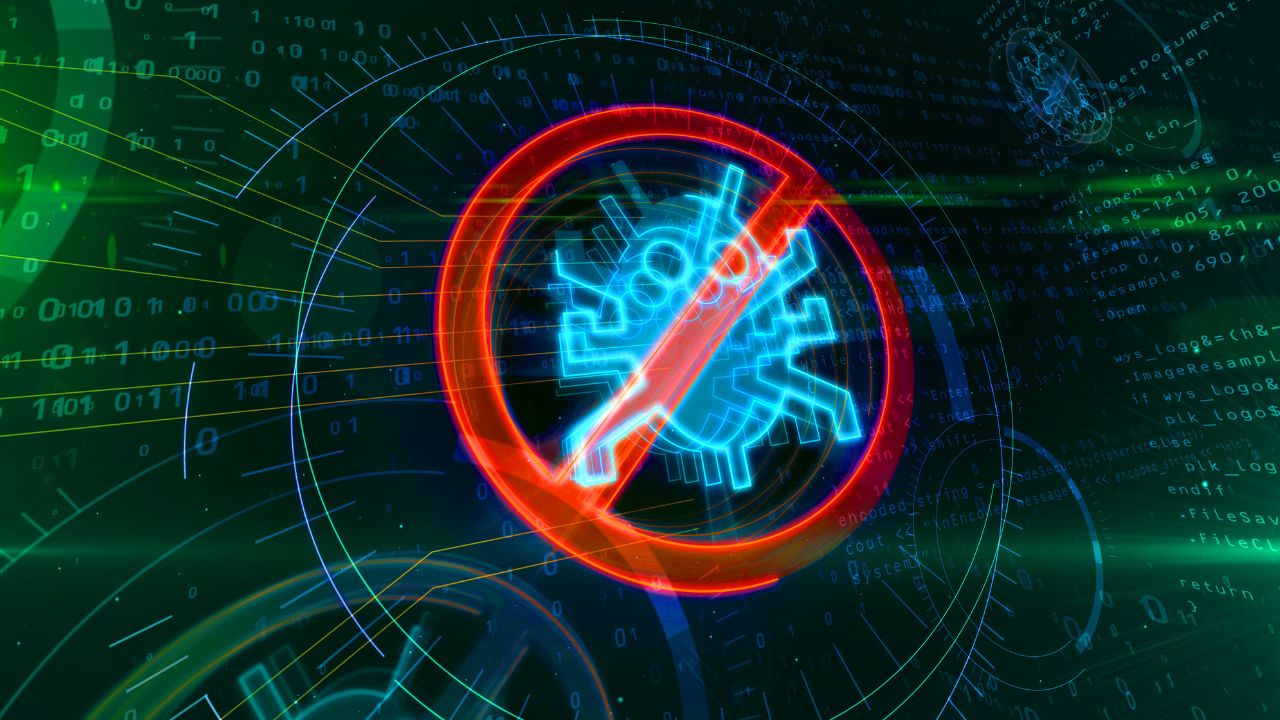
18
Dec
Antivirus Programs: Function and Protection Against Malware
The primary function of an antivirus program is to protect the computer from malicious software, commonly known as malware.

- Antivirus programs detect, prevent, and remove viruses from the system. This is achieved through various techniques, such as scanning files and programs for the detection of malicious code and analyzing the behavior of programs.
- An antivirus program also provides protection against other forms of malicious software, such as Trojan, worms, spyware, adware, and other harmful software that can compromise the security and functionality of a computer or network. Additionally, it may offer protection against malicious websites and prevent the execution of unwanted applications.
- Antivirus programs detect malicious codes using a variety of techniques and mechanisms.
- Furthermore, these programs use signature-based detection techniques, which rely on unique characteristics that identify malicious codes and distinguish them from normal ones.
These techniques analyze the execution of code and detect vulnerabilities or malicious activities.
Analyzing malicious code is crucial for the operation of these programs. By understanding malicious code, antivirus programs can recognize the characteristics and behavior of malicious programs. This enables them to detect the presence of malware on a computer or network.
So, keeping the antivirus software up-to-date, for an effective protection and include a firewall to monitor and control network traffic, adding an extra layer of security against unauthorized access.
